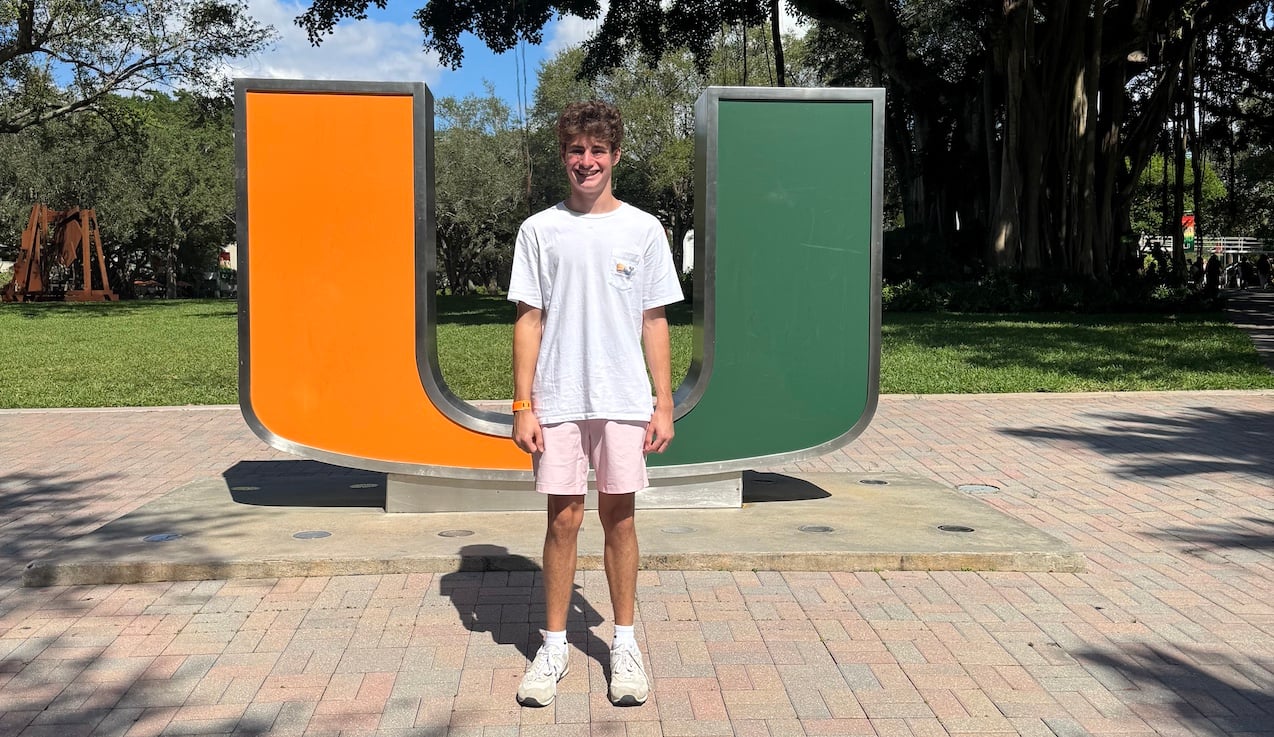This week, the Harvard Crimson, Harvard's student newspaper, published an article indicating that alumni interviewers for Harvard's undergraduate admissions office have been instructed not to comment on a student's race, ethnicity, or national origin in their evaluations.
It sent shockwaves to many students who plan to apply to Harvard or any college this year. Hearing this news forced students to understand the implications of the Administration's crackdown on race-based admissions. If interview evaluations could get entirely thrown out by a school like Harvard if race, ethnicity, or national origin is mentioned, what's next?
If a student reveals one of these factors in an essay, their entire essay could get thrown out too. But what about activities or honors that suggest culture, religion, or heritage? How about a student's name, parents' names, or even the high school they're coming from? And, what do you do if a college asks for a video? Colleges like Vanderbilt, Wake Forest, Brown, University of Chicago, and others offer students the ability to upload a short Glimpse video of themselves. They're going to see you and, if your race is clear, they're going to assume your background.
This brings up a very true but raw reality. Just because an alumni interviewer or even an admissions officer is not allowed to "comment" on a student's race, ethnicity, or national origin, they're going to "clock it." And they have been clocking it for decades. The unspoken words and unwritten comments about a student are often related to race, ethnicity, national origin, religion, physical appearance, and physical and mental disorders too. My first boss in college admissions instructed me never to write anything down about a student that I wouldn't want the New York Times to publish. There has been methodical, quiet, and unchecked discrimination in college admissions for years.
There is simply no way to suppress every hint of a student's background unless students are assigned ID numbers and the only things evaluated are transcripts and test scores. Everything else could reveal something that the college is not allowed to consider. If this is what the college admissions process is going to look like, colleges won't need the admissions staff they currently have. They could use AI for almost every aspect of the evaluation process.
RELATED READING: Why I'm Fired Up About Virginia Tech's Latest AI Announcement
If that were to happen, colleges would change forever. Gender parity, geographic diversity, racial diversity, socioeconomic diversity, extracurricular talents, and even the complicated and influential world of college athletics would disintegrate. I doubt there will be many wins.
READ MORE: Don't Apply to Elite Colleges This Year. Here's Why.
For now, Harvard's alumni interviewers have been warned. This is also a warning for students applying to the more selective colleges, especially the ones that have been targeted. The 2025-2026 admissions cycle will look and feel very different. The warnings are clear. I'm not just commenting on it. I'm clocking it.










.jpg)

